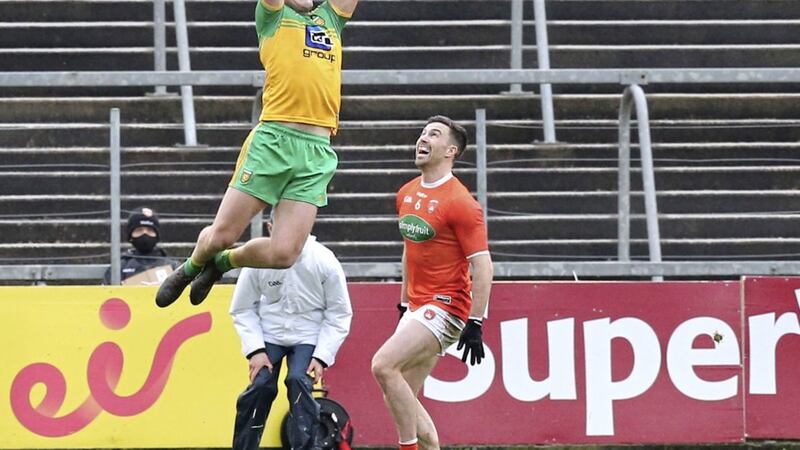LEADERSHIP is a quality that we all wish to have and those who have it are constantly trying to develop and better it. A good leader means different things to different people and the qualities of a good leader are varied. Leading a team, leading a boardroom, leading a study group, leading a social group, they are very different things, but I believe the traits of a good leader are consistent across all groups.
A good leader has the ability to find common ground with all members of the group and have everyone working towards the same goal, whatever that may be. Some are authoritarian and others are calm and lead the group without the group even realising that they are being led.
Something that stands out for me in sport is how sometimes the leader of a team isn’t the person designated as captain of the team. If we take football as an example, there are leaders all over the pitch (and the sideline) and yet there is only one person named as captain. A leader of a team is someone who everyone else looks towards for guidance, who steps up when things aren’t going well and who is always there giving absolutely everything for the benefit of others. They take on the responsibility for the team and set the standard for the rest to follow.
Good communication is a vital element of being a good leader in any walk of life. If you cannot communicate your intentions for the team to your team members, then you will never have the buy-in to enable you to lead and make progress. Communication can be in many forms, sometimes the person making all the noise in the changing rooms and in the huddle isn’t the best physical leader on the pitch and likewise sometimes the person who remains quiet in the team-talks and discussions leads by example when in the heat of battle on the field.
Harry Maguire’s captaincy and leadership abilities have both been called into question recently. As a Manchester United fan, I can see why he has his doubters, but that said, I think he is also becoming the fall guy for problems which are running much deeper in the squad and backroom set-up. The captain is the team’s representative so when things aren’t going well it is up to the captain to stand up and take control. I don’t think Maguire has done this and I do think there are others in the squad who could perhaps fulfil the role better but, that said, even the management are not taking control or responsibility for results and team set-up and so the disarray continues.
Cristiano Ronaldo, Mo Salah, David Clifford and Rian O’Neill, all ridiculously talented footballers and outstanding influences on the field. Men who instigate play, who raise the bar of effort and who simply don’t give up no matter the circumstances.
There are significant differences, however, in being influential and being a leader. People can be influential in all walks of life because of personal talent, because of their willingness to put the work in, yet they are sometimes not considered leaders. Team-mates can be in awe of such people and can be influenced but it can be intimidating rather than inspiring, and this is a very fine line. It is of no blame on the person, they are just doing their job, fulfilling their role but having the ability to lead others and inspire them is the next level.
One of the best leaders I’ve ever had the honour of playing with is Conor Gormley, never wanting the limelight but always working, always reliable and always in the right place at the right time. He conducted the play from wherever he was and encouraged the rest of the team to be better versions of themselves. He was assertive and led by example but never wanted any praise or recognition, he was just doing his job as a team member.
Peter Canavan, Kieran McGeeney, Michael Murphy, Stephen Cluxton - the leadership skills shown by men like these are something we can all learn from. All very different types of leaders, all very different personalities but all leaders who were hugely influential not just to those who played with them but to those coming behind years later trying to take on board any element of how they captained and lead their teams respectively.
The fear is that team members become overly reliant on their leaders and forget that everyone has their role to play – and that every role is required for success. Donegal relying on Michael Murphy or Monaghan relying on Conor McManus or, in the past, Tyrone relying on Stephen O’Neill’s brilliance, is all very understandable but the pressure on those men as leaders is bound to become tiring.
It is a common mentality in many scenarios, we designate a leader in a school project, we assign someone to complete a work task, we put people in positions of leadership because we are playing to their strengths but we are also relying on their strengths to complete the task and sometimes we just sit back and let them do it because they can or because it seems to come naturally to them. A truly great leader will recognise the individual abilities of those around them and develop each team member for the benefit of the whole team. “






